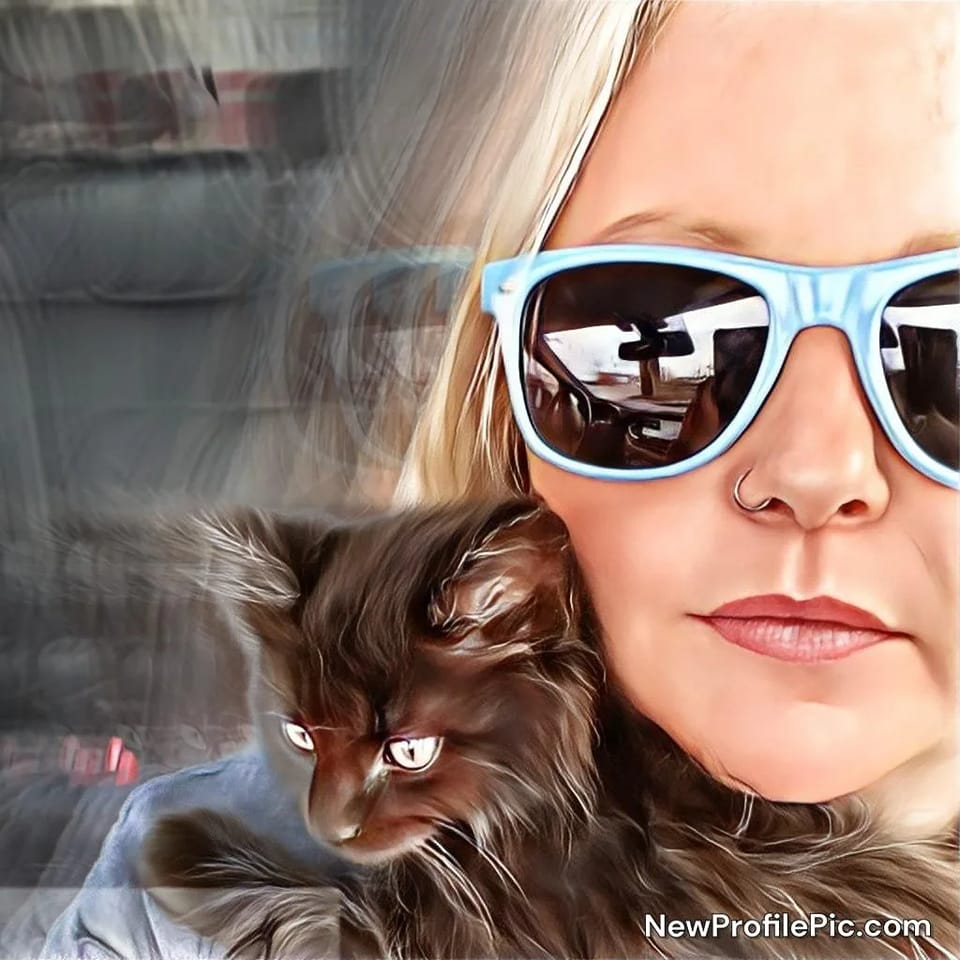Maine Coon Blog
Categories
All
About Maine Coon Kittens
About Maine Coons
Catnip Blankets
Cattery/Catio
FAVORITE PRODUCTS
Fun Facts About Cats
History Of The Maine Coon
Kittens: Beetlejuice Litter
Kittens: Mermaid Litter
Maine Coon Colors
Maine Coon Health
Past Kitten Litters
Retired Maine Coons
Testimony
Videos/Pictures


 RSS Feed
RSS Feed


